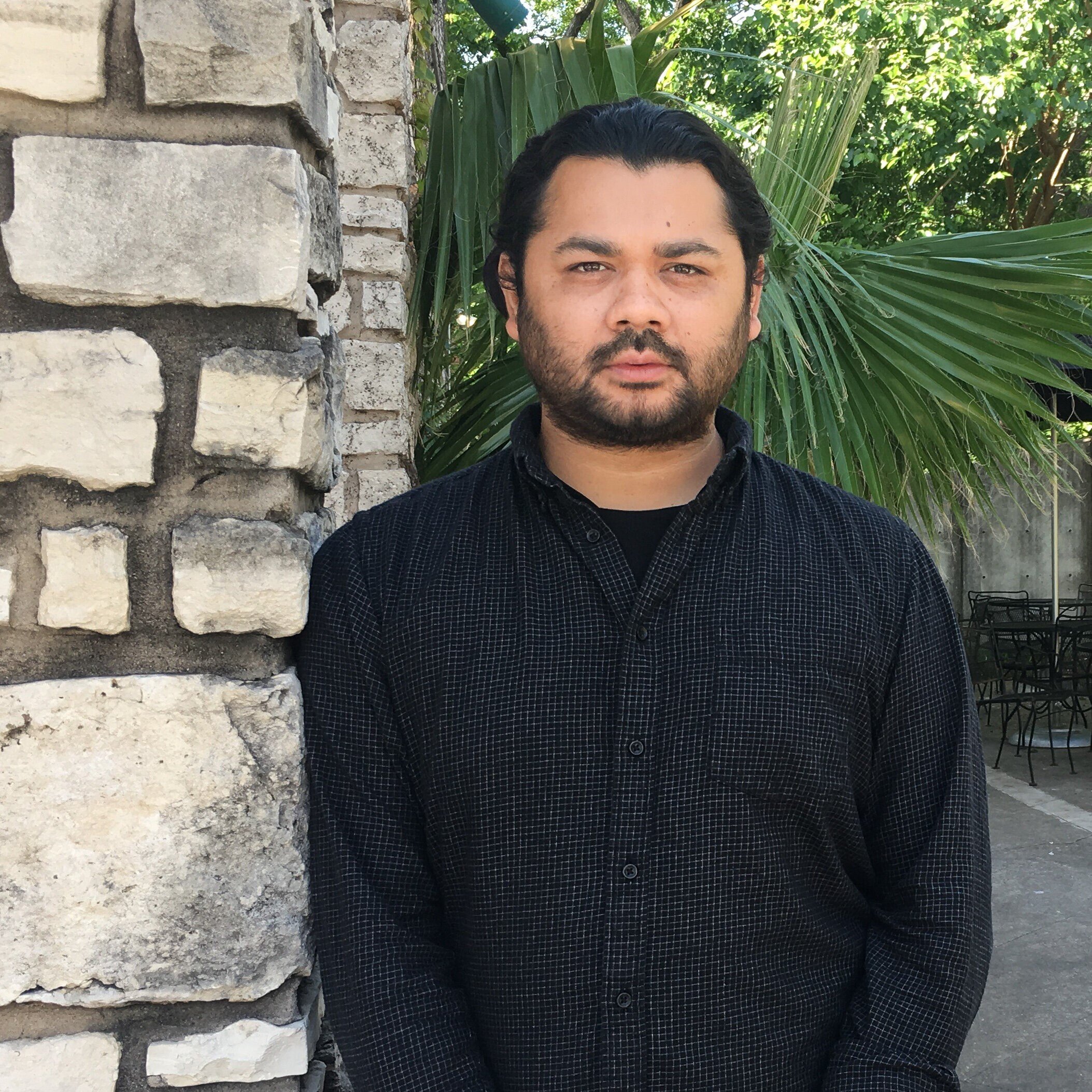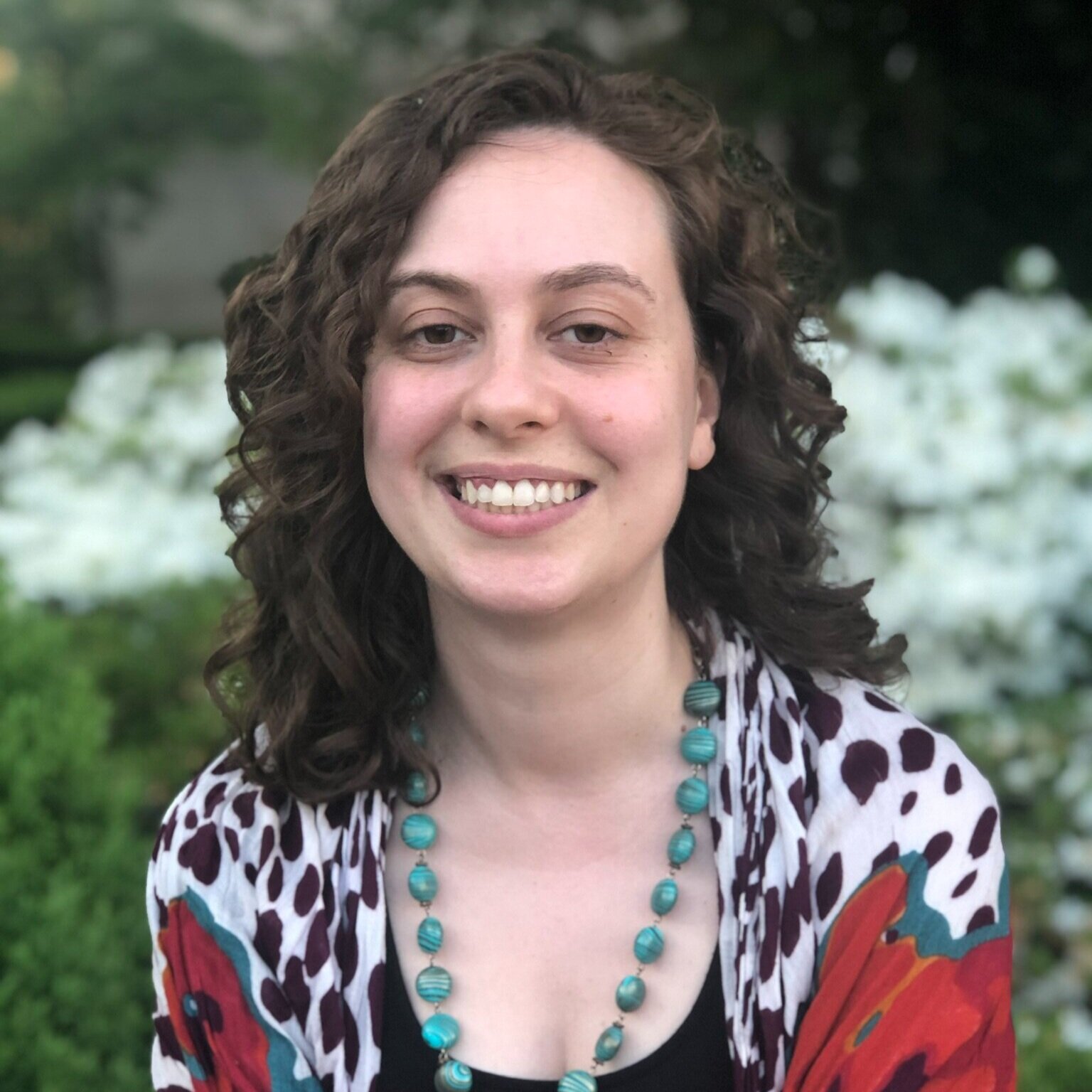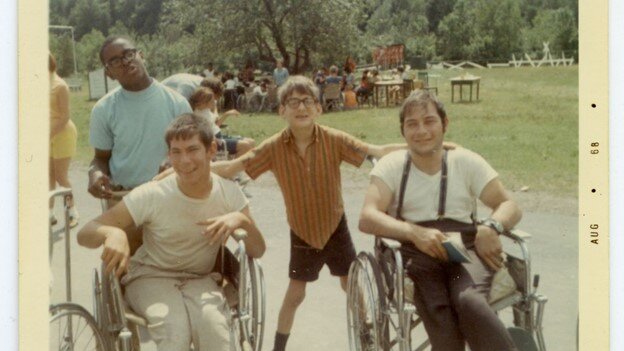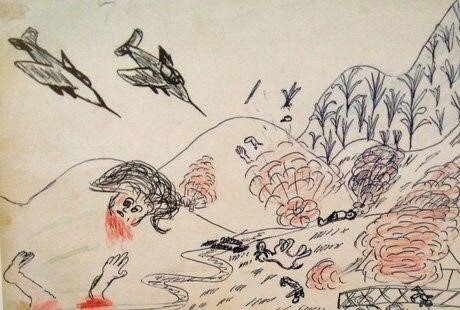Inspired by Sarah Schulman’s recent workshop, “Let The Record Show: A Political History of ACT UP, NY 1987-1993, Building a World from Oral History,” Han Powell explores the importance of joy and pleasure as tools for resistance, and asks what we can learn from AIDS activism about sustaining and fueling movements for change.
Read MoreQueer Nightlife, Joyous Resistance, and the Legacy of ACT UP
Two drag queens stand on a bright stage in extravagant headdresses, one exploding with flowers and topped with a glittering unicorn, and one adorned with bouquets of red roses. The photo was taken at the Headdress Ball in 1997, an annual fundraiser hosted by the gay community in Orlando, Florida for PWAs (People with AIDS).
Citation: “Photograph: Headdress 5,” LGBTQ History Museum of Central Florida - Digital Archive, accessed November 3, 2021, https://floridalgbtqmuseum.omeka.net/items/show/9390.






















